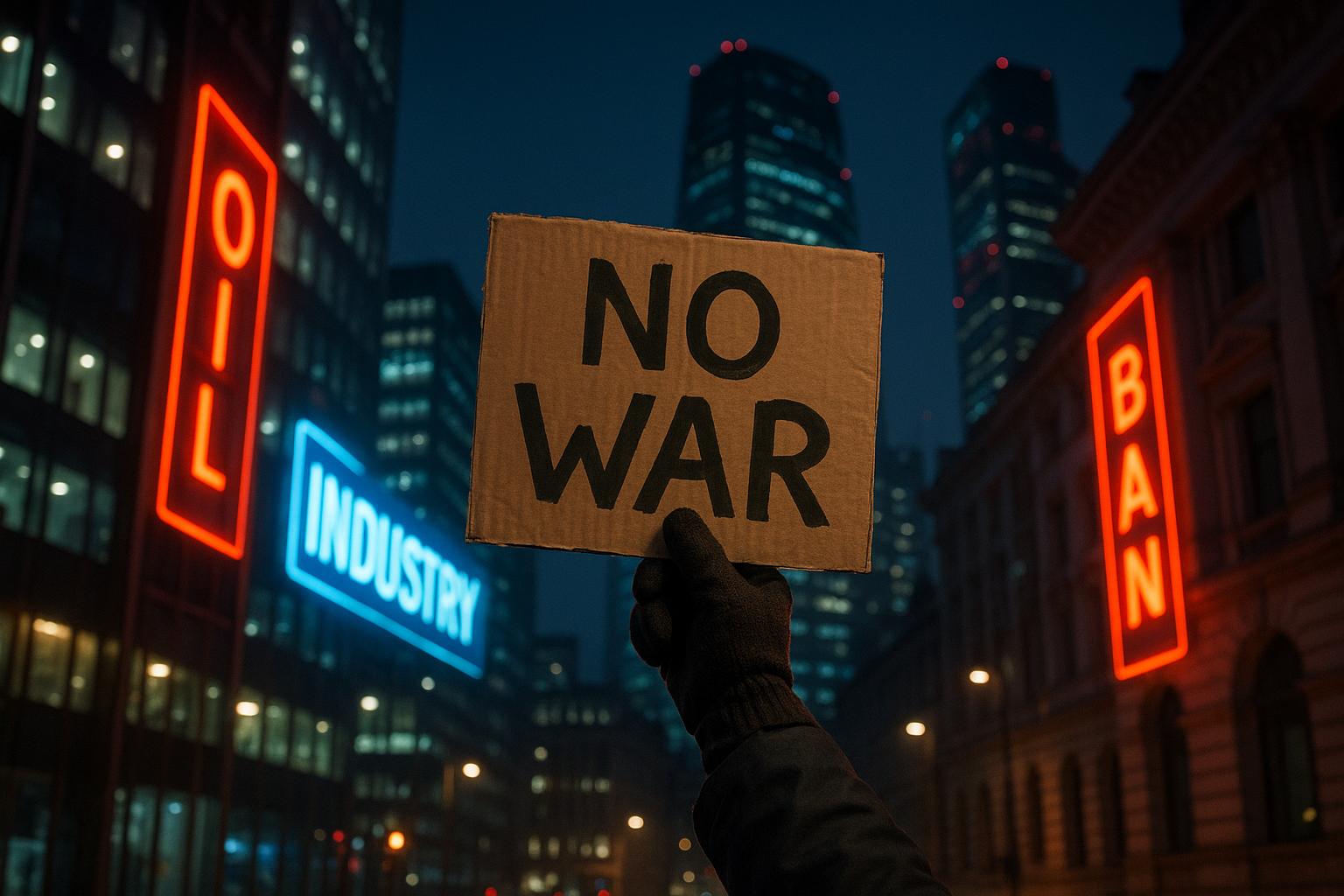Fifty-one Israeli arms manufacturers, including Israel's largest private defence contractor Elbit Systems and key state-owned firms Rafael Advanced Defense Systems and Israel Aerospace Industries (IAI), will be among the 1,600 exhibitors at the upcoming Defence and Security Equipment International (DSEI) trade show in London’s Docklands. The biennial event, commencing on Tuesday, has become a focal point for controversy and is expected to draw hundreds of protesters, particularly given the ongoing conflict in Gaza. The Campaign Against Arms Trade (CAAT) has sharply criticised the British government for permitting these companies to participate, accusing it of reaching a "peak complicity in genocide" by allowing the marketing of "genocide-tested weapons" to an international audience.
While the UK government has barred an official Israeli government delegation from attending the event in response to Israel's military operations in Gaza, representatives from Israeli defence contractors are still permitted to exhibit. This distinction follows government concerns over humanitarian issues but stops short of excluding key industry players. According to reports, the Israeli Ministry of Defence has withdrawn its national pavilion and condemned the UK’s decision as politically motivated, saying it "serves extremists" and falls outside the accepted norms of international defence exhibitions. Despite this, Israeli companies attending the fair will continue to receive strong support from their government.
The DSEI trade show is expected to be heavily policed, with security measures reflecting heightened tensions following Hamas's surprise attack on Israel in October 2023. Last year’s event saw significant police operations, including more than 100 officers daily and nearly £2 million spent on security, culminating in ten arrests. This year’s protests could be larger, with organisers anticipating between 500 and 1,000 demonstrators. CAAT highlighted unprecedented interest in anti-arms trade activism, with many protesters likely to focus on Israeli arms companies amid the escalating violence in Gaza City, where hundreds of thousands remain under bombardment.
Another point of contention is the presence of Lockheed Martin, the US defence giant behind the F-35 fighter jets used by the Israeli military. Although the UK has suspended most arms exports to Israel due to humanitarian concerns, it continues to allow British firms to supply components for the F-35 programme on the grounds that the jets are part of a global programme involving multiple countries, including the UK. CAAT estimates that since 2016, UK companies have supplied around £572 million worth of spare parts for F-35s operated by Israel, with firms such as BAE Systems contributing critical systems. These jets, also operated by the Royal Air Force, have been part of the controversial bombardment campaigns in Gaza.
Parallel to the trade show, the UK Ministry of Defence is set to launch a new defence industrial strategy. Defence Secretary John Healey will deliver a keynote address during the event, emphasising the government's intent to make defence a critical driver of economic growth and innovation across the UK. The strategy includes a £250 million fund for five defence growth deals aimed at fostering collaboration between industry, government, and academia nationwide, complemented by an additional £182 million for new defence technical colleges. This initiative aligns with the Conservative government’s plans to increase military spending in response to global security concerns, especially regarding Russian aggression in Ukraine.
The DSEI event encapsulates the persistent dilemma faced by governments balancing arms trade, economic interests, ethical concerns, and geopolitical alliances. The participation of Israeli firms amid ongoing conflict, the UK's differentiated policy on government officials versus corporate exhibitors, and the substantial defence investment plans underscore the complex interplay between diplomacy, defence commerce, and public dissent in today's highly charged political environment.
📌 Reference Map:
- Paragraph 1 – [1], [2], [6]
- Paragraph 2 – [1], [3], [4], [6], [7]
- Paragraph 3 – [1], [5]
- Paragraph 4 – [1]
- Paragraph 5 – [1]
- Paragraph 6 – [1]
Source: Noah Wire Services
